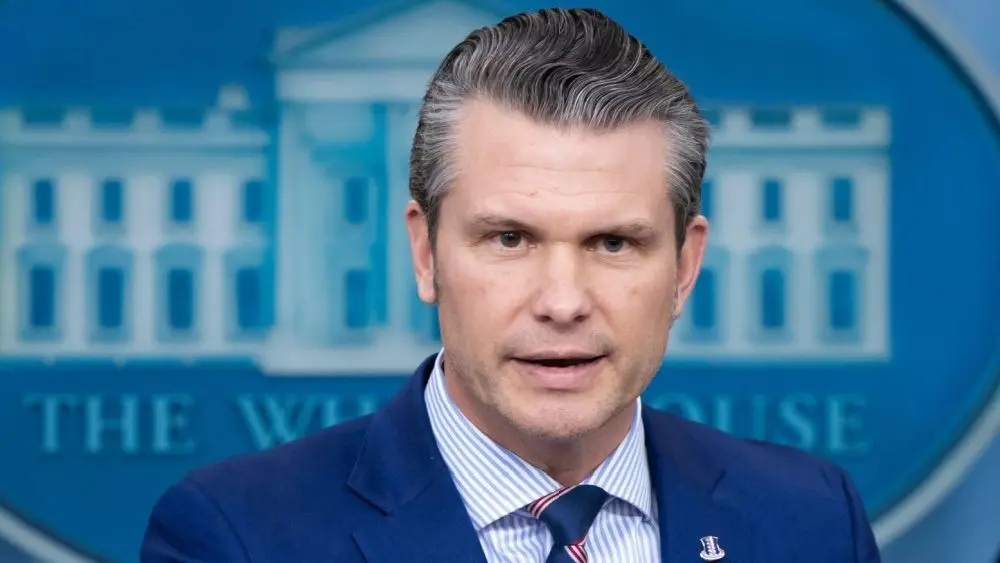The U.S. military carried out another series of strikes on four vessels in the eastern Pacific on Monday — killing 14 people and leaving a single survivor — as part of the administration’s broader campaign against groups it holds responsible for trafficking narcotics to the United States.
Defense Secretary Pete Hegseth posted on X that the attacks were carried out in three separate actions against boats, which the Pentagon stated were operating along known smuggling routes. Hegseth said the operations were conducted at the direction of the president and posted footage of the strikes online. In his message he described the mission this way: “Yesterday, at the direction of President Trump, the Department of War carried out three lethal kinetic strikes on four vessels operated by Designated Terrorist Organizations (DTO) trafficking narcotics in the Eastern Pacific.” He added that the strikes brought the campaign’s overall death toll in the Caribbean and eastern Pacific to more than 50.
According to Hegseth’s account of the incidents, the three strikes hit different boats carrying suspected traffickers: “Eight male narco-terrorists were aboard the vessels during the first strike. Four male narco-terrorists were aboard the vessel during the second strike. Three male narco-terrorists were aboard the vessel during the third strike. A total of 14 narco-terrorists were killed during the three strikes, with one survivor. All strikes were in international waters with no U.S. forces harmed.” Hegseth said U.S. forces launched immediate search-and-rescue efforts for the lone survivor, and that Mexican authorities accepted responsibility for coordinating that rescue.
The strikes have also generated sharp debate in Washington about the legal and political limits of using U.S. military force at sea against suspected smugglers. The White House has framed the operations as a hardline effort to disrupt transnational drug networks; and Hegseth echoed that stance, stating that “these narco-terrorists have killed more Americans than Al-Qaeda, and they will be treated the same. We will track them, we will network them, and then, we will hunt and kill them.”
President Trump, who is traveling in Asia, has said the administration will brief Congress on the strikes but does not intend to seek a formal declaration of war. In remarks last week, Trump said, “I think we’re just going to kill people that are bringing drugs into our country. OK? We’re going to kill them. You know? They’re going to be like, dead.” His comments, and the expanded use of lethal force at sea, have drawn criticism from some lawmakers who called the operations “extrajudicial killings” and complained of limited transparency from the administration.
Officials say the campaign has also included increased naval activity in the region: last week the U.S. ordered the Gerald R. Ford Carrier Strike Group and additional air assets into waters near Central and South America as part of efforts to pressure criminal organizations and governments accused of enabling trafficking. While Pentagon officials say some units are being reduced in other places, they emphasize the United States will continue recruiting and deploying forces for “key strategic areas” where it sees the greatest need to protect American interests.
Editorial credit: Joshua Sukoff / Shutterstock.com








